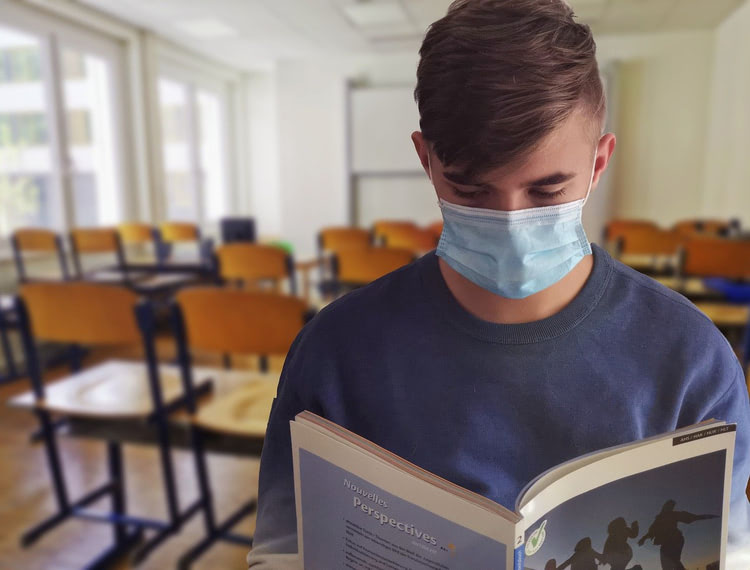The government’s handling of education during the pandemic

The government’s failure – indeed refusal – to make contingency plans for schools and exams in the summer of 2020 is the most “unforgiveable aspect” of its handling of education during the coronavirus pandemic.
Published ahead of the 2021 A-Level and GCSE results and based on interviews with government insiders and education experts, this report exposes how decisions were taken during the most disruptive period in children’s education since the Second World War.
The government deserves some credit, such as for its swift decision on the definition of key workers whose children could remain in school and, if after a slow start, delivering more than one million laptops to disadvantaged pupils. But across 2020 and 2021, pupils, parents and teachers were too often left bewildered by last-minute, poorly communicated U-turns on school closures and exams.
Disagreements between No.10 and the Department for Education particularly hampered the response, and a mistrust of local authorities saw ministers seek to control what happened in 24,000 schools – culminating in threats of legal action by DfE when local authorities and schools sought to respond to local Covid-19 circumstances.
But the worst part of the response, in the eyes of those interviewed for the paper, was the failure to make contingency plans in the summer and autumn of 2020 when it was already obvious that fresh school closures and exam cancellations might be needed.
A No.10 insider says that there was a “clear steer” from the prime minister not to make contingency plans because “if you prepare for these things not happening, then the outcome is that they are far more likely not to happen… people will look for the easy way out and take it.” This left the government and schools unprepared when exams had to be cancelled a second time in spring 2021.
 Paul Whiteman, general secretary of school leaders’ union NAHT, said:
Paul Whiteman, general secretary of school leaders’ union NAHT, said:
“This report highlights many of the frustrations school leaders felt during the pandemic. It is a testament to the determination of school leaders that they continued to deliver education, completely reinventing how almost overnight. Schools become “the” trusted space outside of healthcare delivering food, advice and practical assistance to communities on top of their education mission.
“I have never understood the failure to make contingencies for exams in the face of the obvious risk and whole profession calling for them. This report exposes the sadness of the profession over the failures; it is certainly not an “I told you so moment for us”. Yesterday NAHT called for clarity and contingencies for the 2022 exam series to be published by the start of term. Let’s see if the government shares the same appetite to lean that our young people do.
“On results day we will see how phenomenally successful our schools have been in the face of all odds and how ambitious and adaptable young people have been. Both should be congratulated but I fear the day will be spent picking over the bones in search of a political defence or attack rather than caring about young people. For me that kind of underlines the problem.
“It really is time to invest in education, not just money but commitment, evidenced based decisions and trust.”
 Kate Green MP, Labour’s Shadow Education Secretary, said:
Kate Green MP, Labour’s Shadow Education Secretary, said:
“Children, parents, teachers and school and college leaders have been repeatedly let down by the Conservatives’ chaotic decision making and systematic refusal to learn lessons from their previous mistakes.
“Labour called for a contingency plan for exams way back in the autumn term. The Conservatives dismissed our calls, and those of teachers and leaders, resulting in a second year of exams chaos for pupils.
“It is clear the responsibility for this lies not just with the failing Education Secretary but with the Prime Minister himself. Boris Johnson must own up to his failings, and urgently set out the support that will be available to pupils, parents and teachers on results day to ensure no young person loses out on future opportunities due to his failed pandemic response.”











Responses